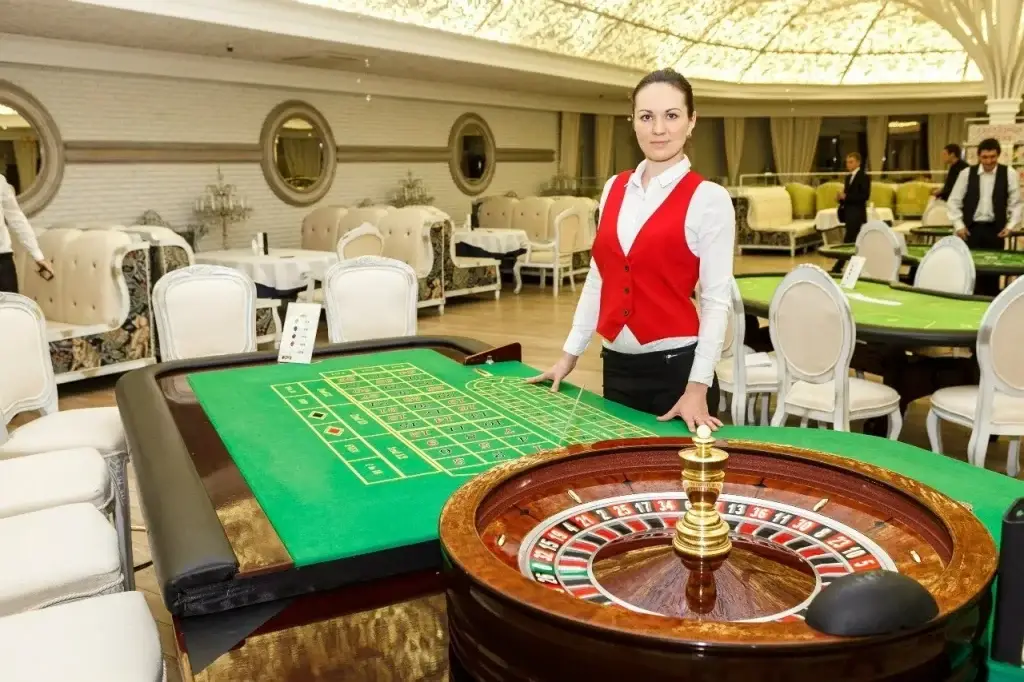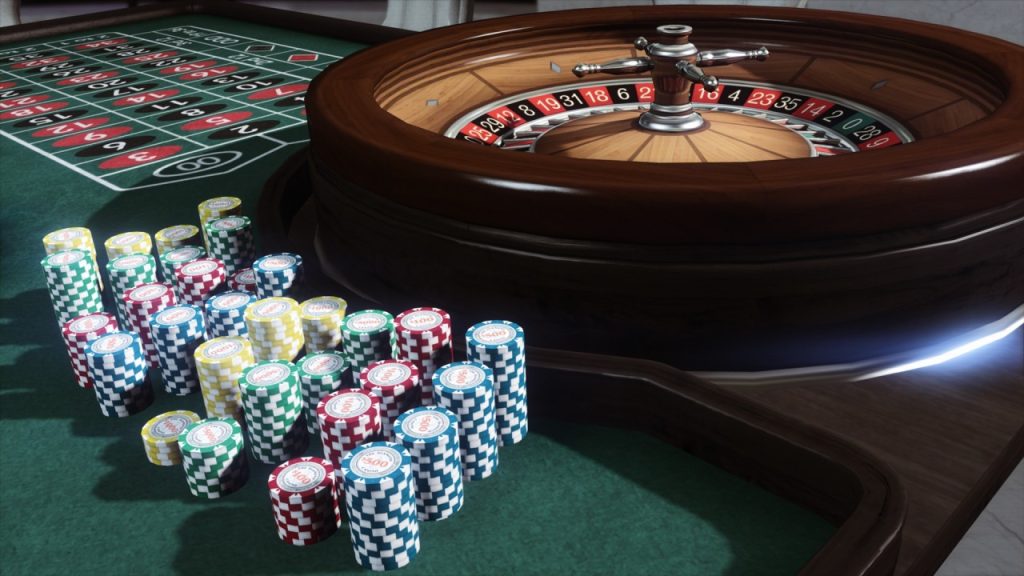Stereotypes about roulette in casinos do not arise spontaneously. They are formed by myths, fueled by ignorance, and reinforced by fragmentary observations. Each misconception is like a bad bet, leading away from reality and reducing the chances of winning. Illusions arise at the intersection of a lack of understanding of mechanics, mathematics, and psychology. To break the cycle of stereotypes, we need specifics. Let’s explore this in more detail.
Myth 1: Online casino roulette is a pure scam
The argument is simple: online roulette allegedly manipulates the results. However, licensed platforms use a random number generator (RNG), which is monitored by auditors such as eCOGRA, iTech Labs, and GLI. If the algorithm is violated, the platform cannot obtain a certificate, and without a certificate, the provider loses access to the markets.
During the audit, the following is examined:
- RTP (Return to Player) is 97.3% on average for the European version of the game.
- The betting range is from 0.1 to 10,000 euros.
- A verified RNG is the key to fair outcomes.
Tweaking is excluded on certified sites. Violations are detected at the first audit. Stereotypes about roulette in casinos do not take into account the technical base, replacing analysis with intuition.
Myth 2: Secrets, systems, and strategies ensure success
 Numerous “author’s” strategies promise stable profits. Fibonacci, D’Alembert, Martingale – the names are sonorous, but the result is repeated: the system does not affect randomness.
Numerous “author’s” strategies promise stable profits. Fibonacci, D’Alembert, Martingale – the names are sonorous, but the result is repeated: the system does not affect randomness.
The reason is that there is no internal dependence between spins. Each spin is not related to the previous one. The random number generator does not “remember” the results.
Strategies help to structure bets and manage the bankroll, but they do not create an advantage.
Stereotypes about casino roulette exaggerate the role of tactics. Even if you follow the system perfectly, you still have a chance of losing.
Myth 3. Hot and cold numbers are the key to success
Players are looking for patterns. “Hot” numbers are often analyzed — those that fall out more often than others, and “cold” numbers that have not fallen out for a long time. The assumption is obvious: supposedly an increase or decrease in probability.
Each cell has the same chance of falling out — 1 in 37. The fact that one number falls out 5 times in a row does not mean its “strength”, but fixes a rare but statistically possible phenomenon. Casino roulette stereotypes attach importance to patterns that don’t exist.
Myth 4. Unbalanced roulette is a hidden threat to the player
The argument is based on offline models: supposedly, over time, the wheel loses its uniformity, and it is possible to calculate the “slope.” In practice, there is no physical rotation in the online version. It is purely a software calculation and a uniform distribution.
An unbalanced game is not possible with software-generated outcomes. This is a physical myth that does not apply to the digital environment.
Casino roulette stereotypes transfer outdated offline fears to an online reality where the wheel has no weight and the ball has no trajectory.
Myth 5. Tweaking and algorithms prevent you from winning
The opinion about the “unfair” algorithm is based on emotional reactions. Several consecutive losses create the feeling that the system is “playing against” the player. The RNG does not distinguish between players, bets, or balances. The verification process is conducted by dozens of laboratories. The algorithms protect not the casino, but the fairness of the game.
Platforms with a reputation (such as Betway, LeoVegas, and 888casino) use secure mechanisms from NetEnt, Evolution, and Playtech.
Stereotypes about casino roulette give algorithms intentions that they do not have.
Myth 6. Winning is only possible with luck
Randomness is the basis of the game, and winning depends on more than just luck. Bankroll management strategies, choosing the right table, and setting appropriate betting limits can increase the duration of the game and the chances of a return. Mistakes are often caused by a lack of discipline rather than bad luck.
Casino Roulette Stereotypes: Myth-Busting Practices
Many people’s ideas about the game are influenced by movies, stories from “successful” acquaintances, and the illusion of controlling randomness. However, the reality is much more prosaic: roulette is a mathematically calculated game with strict algorithms. Unveiling popular misconceptions is a step towards a more informed and secure gaming experience.
Common mistakes made by players include:
- Increasing the bet after a loss: leads to a zero balance in 74% of cases.
- Blind faith in a “lucky number”: proven to be ineffective.
- Waiting for “compensation” after a series of losses: a cognitive trap, the Gambler’s Effect.
Players who fall into these traps often lose control of their strategy and money. Recognizing and acknowledging these mistakes is the foundation of financial discipline and a rational approach to gambling.
Facts:
- Certified casino algorithms do not allow cheating.
- The number of bets does not affect the chance of a number being drawn.
- The license ensures that probabilities are followed.
A rational approach and knowledge of facts help to get rid of illusions and form a sober perception of the game. When myths meet reality, the one who thinks critically wins.
Rates, patterns, and guarantees
Players often look for patterns, expecting an odd number after a series of even numbers, or a red number after a black number. These expectations ignore the independence of each spin. There is no guarantee of winning, as the roulette wheel does not remember previous results.
Online casino myths about roulette are based on patterns that are not supported by statistics. Even a series of ten red numbers does not increase the chance of a black number. The probability remains 48.65% for each group (including the zero).
Bets only work as part of a money management strategy. Doubling down after a loss has a short-term effect, but in the long run, it leads to the loss of the entire bankroll.
Stereotypes create an illusion of control where only chance matters.
Online Casino Roulette: Facts vs. Myths
Real data shows:
- online roulette is regulated by bodies such as the UKGC, MGA, and Curaçao Gaming;
- algorithms are certified by independent laboratories;
- popular providers, including Pragmatic Play and Microgaming, publish open reports.
The software environment eliminates physical interference. Unlike offline casinos, there is no possibility of ball substitution, deviation of the wheel tilt, or dealer manipulation.
Stereotypes about casino roulette are often formed due to a lack of understanding of digital mechanisms. The transparency of platform operation dispels the main myths.
Case analysis: a casino with complaints and statistics
There were 112 complaints about the game registered on the AskGamblers platform during 2023. Of these:
- 86 were related to incorrect interpretation of the rules;
- 14 were connection failures,
- 12 were expectations of “tweaking”.
No complaints have been confirmed by technical expertise. The claims are not related to a violation of the random number generator’s integrity.
Stereotypes are fueled by isolated cases that are taken out of context. Statistics demonstrate the stability of the system.
Casino Roulette Stereotypes: Why Myths Persist
Disappointment with a loss stimulates the search for explanations. The player’s brain seeks to find a reason, often choosing external factors such as “the system cheated,” “the wheel is unfair,” or “the software rigged the results.”
Stereotypes about casino roulette provide a false sense of security. The player believes that their loss is not due to their own mistakes but rather to some form of unfairness.
However, the reality is simpler: a lack of strategy, a control chart for betting, and limits leads to a loss. It is not myths that drive success but effective management.
Conclusion
 Myths crumble at the first encounter with facts. A random number generator, independent checks, and transparent rules are the foundation of modern online gaming. Stereotypes about casino roulette are misleading when knowledge is replaced by emotion. Unveiling false perceptions begins with understanding the principles, and winning requires discipline.
Myths crumble at the first encounter with facts. A random number generator, independent checks, and transparent rules are the foundation of modern online gaming. Stereotypes about casino roulette are misleading when knowledge is replaced by emotion. Unveiling false perceptions begins with understanding the principles, and winning requires discipline.
 en
en  de
de  ar
ar  es
es  hi
hi  fr
fr  nl
nl  it
it  pt
pt  el
el 









